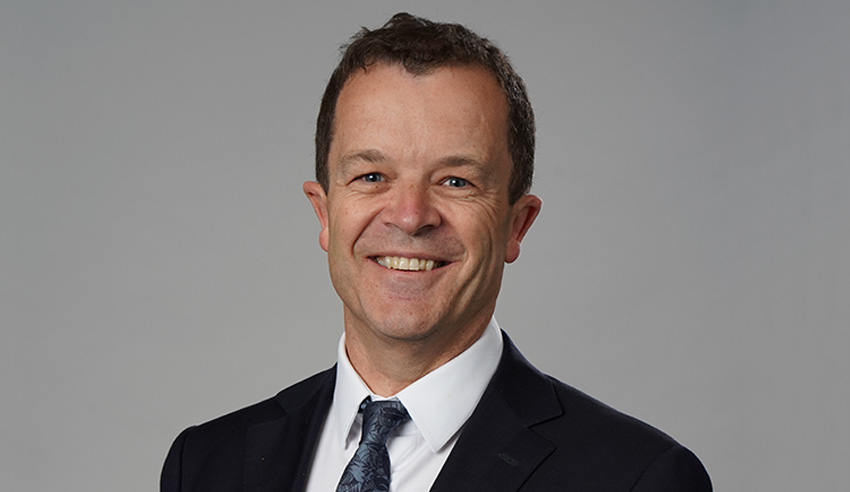The NSW government has announced an additional $20 million investment in justice initiatives aimed at reducing the over-representation of Indigenous Australians in the criminal justice system.

NSW Attorney-General Mark Speakman said the package provides significant expansion of the Youth Koori Court, circle sentencing in the Local Court, and the Justice Reinvestment program. Funding will be rolled out over four years.
The NSW government is committing:
“Investing in these programs aims to meet targets within the Closing the Gap agreement, including reducing the over-representation of Aboriginal and Torres Strait Islander adults and young people in the criminal justice system,” he said.
“The national agreement provides us with the framework to empower and support Aboriginal communities across the state to create fundamental change and achieve meaningful, permanent outcomes,” said Mr Franklin.
Circle sentencing is an alternative sentencing method in which a Local Court magistrate works with Aboriginal Elders, victims, respected members of the community and the offender’s family to determine an appropriate sentence.
As part of the funding package, the circle sentencing program will be expanded to include local courts at Penrith, Campbelltown, Wollongong, Broken Hill, Wagga Wagga, Batemans Bay, Waverley and the Sydney Downing Centre.
“In the 20 years since the program was first piloted in Nowra, more than 1,450 circle sentencing sittings have been held,” Mr Speakman said.
“The approach has been found to reduce rates of imprisonment and reoffending compared with traditional sentencing methods.”
Uncle John Bolt, a proud Bundjalung man who has been involved as an Elder in the circle sentencing program for 20 years, said: “I’m honoured to be part of this program, and over the past 20 years it’s been really strong and positive, giving our community the opportunity to see our young people get a better start in life and stop being incarcerated.”
Karly Warner, chief executive of the Aboriginal Legal Service (NSW/ACT), welcomed the funding, stating that these initiatives are proven to be effective.
“Prisons only cause harm and trauma, but we have alternatives that actually work. The Youth Koori Court and the circle sentencing program not only keep Aboriginal people in community rather than in prisons, but they open up access to counselling and services that address the underlying causes of offending,” Ms Warner said.
“These processes allow Aboriginal people and communities to participate in sentencing decisions, which in turn helps to address the well-founded distrust that many Aboriginal people have in the criminal legal system.”
This year’s evaluation of the Youth Koori Court by the Bureau of Crime Statistics and Research (BOCSAR) found that children participating in the Youth Koori Court are 40 per cent less likely to be jailed than those who go through ordinary sentencing courts, without any adverse impact on reoffending. A 2020 evaluation of the circle sentencing program found its participants are less likely to be imprisoned and reoffend.
“As a community, how we invest our resources reflects our values. If we spend all our money on prisons, we just get more recidivism, crime, family separation and trauma. But if we invest in things like mental health services, drug and alcohol rehabilitation, housing and youth centres, we get healthier, safer communities,” Ms Warner added.
The ALS looks forward to working with the NSW government to ensure the new initiatives are effective, said Ms Warner. “It is critical that ALS specialist lawyers and Aboriginal community-controlled organisations are available for Aboriginal people participating in these programs,” she added.
“We are pleased to receive funding enabling our participation in the new Dubbo Youth Koori Court, but we are yet to be informed of resourcing to enable ALS participation in the eight new circle sentencing locations.”
She expressed hope that the NSW government will continue working with the ALS on further initiatives to reduce Aboriginal over-representation in custody and create a more equitable legal system.
“There are so many promising opportunities in the Closing the Gap process to work together as Aboriginal community-controlled organisations and government, ensuring that we transform the justice system to be fairer for everyone,” said Ms Warner.
“Our Aboriginal community-controlled organisations are best placed to deliver the services that will ensure Aboriginal people are strong in community and in culture.”
The new funding package complements other NSW government initiatives that are currently underway, such as the Walama List pilot that started in the District Court in January.
The NSW government is also investing $27.9 million over four years to expand the NSW Drug Court to Dubbo, attaching specialist roles to the Drug Court to enhance the provision of culturally safe and responsive support for Aboriginal people going through the Drug Court.